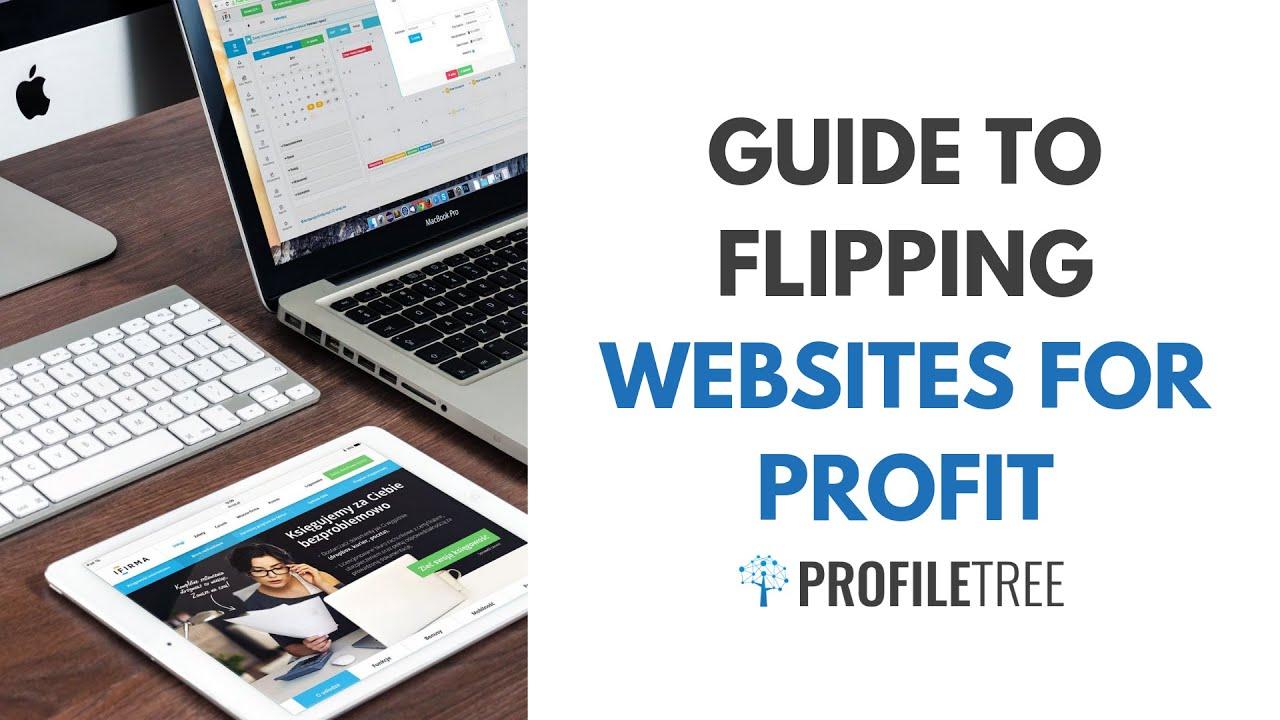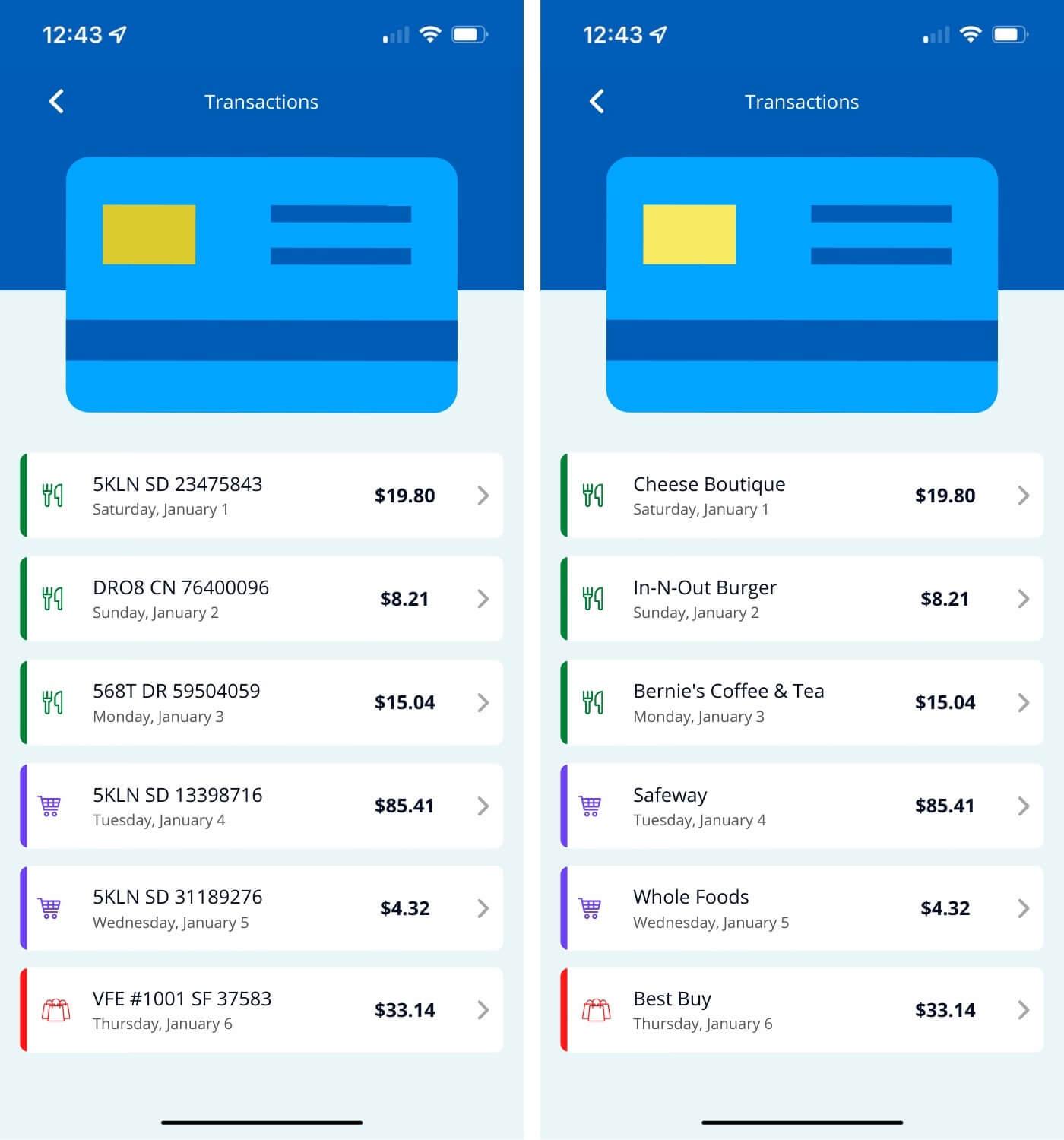Table of Contents
- Understanding the Concept of Website Name Flipping
- Evaluating Domain Value and Potential Profitability
- Effective Strategies for Acquiring Premium Domain Names
- Marketing Techniques to Boost Your Flipping Success
- Navigating Legal Considerations in Website Name Transactions
- Q&A
- Future Outlook


Understanding the Concept of Website Name Flipping
Website name flipping refers to the practice of purchasing domain names, enhancing their value, and then selling them for a profit. This trend has gained traction as more individuals and businesses acknowledge the significance of a strong online presence. Similar to real estate, where location is crucial, the value of a domain can vastly differ based on factors such as its length, memorability, and keyword relevance. Those who engage in this practice must understand how to identify promising domain names while also having a keen sense of market demand.
To successfully flip website names, aspiring flippers should focus on several key strategies. Consider the following tips:
- Research Trends: Stay informed about emerging markets and industries to identify what types of names might have future demand.
- Maximize SEO Potential: Look for keywords that have high search volume and low competition to enhance a domain’s appeal.
- Quality Over Quantity: Rather than acquiring numerous low-value domains, focus on a select few with great potential.
Evaluating the profitability of your website name investment involves understanding the current market landscape. Factors contributing to a domain’s resale value include its history, age, and social media presence. Below is a concise overview of the characteristics that enhance a domain’s worth:
| Characteristic | Description |
|---|---|
| Length | Shorter names are generally more attractive and easier to remember. |
| Keywords | Incorporating relevant keywords can improve search engine rankings. |
| Extension | .com domains are typically more sought after compared to other TLDs. |
Evaluating Domain Value and Potential Profitability
When diving into the world of flipping websites, understanding the value of a domain is paramount. A domain’s worth hinges on several key factors that reflect its potential in the marketplace. One of the primary considerations is the length and memorability of the domain name. Short, catchy names tend to be sought after due to their ease of recall. Coupled with this is the importance of keywords within the domain, which can significantly impact search engine rankings and, consequently, the site’s traffic potential. Additionally, consider the domain’s extension—for instance, .com domains generally fetch higher prices compared to less common extensions.
Another critical element in evaluating a domain’s value is its current traffic metrics. Websites with an established audience tend to command higher prices. Analyzing metrics such as monthly visitor count, bounce rate, and conversion rates provides insight into the profitability of the site. Tools like Google Analytics offer invaluable data that can inform your decision. Moreover, reviewing the domain age can also provide clues about its credibility and SEO potential. Older domains might have a better trust factor in the eyes of search engines, giving you an initial advantage in terms of rankings.
Once you have a thorough understanding of the domain’s value, assessing its potential profitability becomes the next step. This involves examining various revenue streams, such as:
- Affiliate Marketing: Identifying relevant affiliate programs that align with the site’s niche can significantly boost income.
- Advertising: Implementing ad networks like Google AdSense can create passive income, especially for sites with steady traffic.
- Product Sales: If the domain supports a specific industry or interest, selling related products or services can be lucrative.
By conducting a comprehensive analysis of these factors, you can make informed decisions on which domains offer the best upside for your investment strategy.


Effective Strategies for Acquiring Premium Domain Names
Acquiring premium domain names requires a strategic approach that blends creativity with market insight. One effective strategy is to leverage expired domains. These domains often come with existing traffic and backlinks, which can significantly enhance your project’s visibility. Monitor domain registration sites and analytics tools to identify domains that are both relevant to your niche and have a strong history. You can even set alerts to notify you when certain keywords or phrases become available.
Another powerful method is to engage directly with current domain owners. If you have your eye on a particular domain, consider reaching out to its owner. A well-crafted message expressing your interest can open doors to negotiations. Be prepared to offer a fair price and clearly articulate why your interest is genuine. Additionally, consider using a broker who specializes in high-value domains; they can leverage their contacts and negotiation skills to secure deals that you might not achieve on your own.
it’s important to stay informed about market trends. Understanding what makes a premium domain can help you recognize valuable opportunities. Look for domains that are short, memorable, and easy to spell. Pay attention to trending keywords in your field, as these can drive demand. Joining forums and communities focused on domain trading can also provide insights and advice from seasoned flippers. Here’s a quick reference table highlighting key factors to consider:
| Factor | Description |
|---|---|
| Length | Shorter domains are generally more valuable. |
| Keyword Richness | Relevance to trending topics increases desirability. |
| Brandability | Domains that can easily become a brand are preferred. |
| History | Prior traffic and backlinks can add value. |


Marketing Techniques to Boost Your Flipping Success
Identifying your target audience is crucial in maximizing the value of your website flip. Start by conducting thorough market research to understand the demographics and interests of potential buyers. Utilize tools like Google Trends and social media analytics to gather insights into trending niches. Knowing your audience allows you to tailor your marketing strategies effectively. Here are some methods to define your target audience:
- Survey potential buyers to understand their preferences.
- Analyze competitors and their audience engagement.
- Participate in forums and communities relevant to your niche.
Once you understand who your audience is, it’s time to craft a compelling value proposition. Highlight what makes your website unique and why it would be a beneficial investment for potential buyers. Use persuasive language and emotional appeals to connect with your audience. Key elements of a strong value proposition include:
- Clear benefits: Outline what they will gain from the purchase.
- Social proof: Showcase testimonials or user reviews.
- Unique features: Emphasize any standout elements of design or functionality.
optimize your marketing channels to reach a wider audience. Utilize both organic and paid strategies for maximum reach. Here’s a simple overview of effective marketing channels:
| Channel | Strategy |
|---|---|
| Social Media | Engage with potential buyers through targeted ads and organic posts. |
| Email Marketing | Send newsletters and promotional emails featuring your website’s highlights. |
| SEO | Optimize your site’s content and structure to rank higher in search results. |


Navigating Legal Considerations in Website Name Transactions
When engaging in website name transactions, it’s vital to consider the legal implications surrounding domain ownership and sales. Firstly, understanding the domain registration process can help avoid potential disputes. Ensure that the domain you acquire is legally registered and has not been involved in any trademark infringements. Consider conducting a comprehensive search on existing trademarks to confirm your chosen name does not infringe upon others’ rights. This can safeguard you from future legal complications.
Another crucial element is the contractual agreements made during the transaction. It’s recommended to draft a clear contract that outlines the terms of sale, including the purchase price, payment method, and transfer process. This document should also include clauses addressing any contingencies, such as disputes over domain authenticity or misrepresentation of ownership. By having a well-structured contract, both parties can minimize misunderstandings and establish a solid foundation for the transaction.
be aware of the regulatory requirements that may apply to your specific industry. In some cases, selling domains that include specific keywords or terms can trigger additional compliance obligations. Consult with a legal expert knowledgeable in internet law to ensure that your transactions comply with applicable laws and regulations, such as those governing e-commerce and consumer protection. This proactive approach will help mitigate risks associated with website name flipping.
Q&A
Q&A: Understanding Website Name Flipping
Q: What is website name flipping? A: Website name flipping is the process of buying domain names with the intention of reselling them at a higher price. This practice can involve acquiring domains that are catchy, memorable, or keyword-rich, making them appealing to potential buyers. Like real estate, the goal is to identify undervalued properties and sell them for a profit once their value appreciates.Q: How do I get started with website name flipping? A: To dive into website name flipping, first research domain name trends and identify niches that are growing in popularity. Use tools like keyword planners or domain registrars to scout for available names. Once you’ve acquired a domain, consider optimizing it (like building a simple webpage) to increase its value and attract potential buyers.
Q: What kind of domains are most profitable? A: Profitable domains often include short, brandable names, popular keywords, or domains with existing traffic. Think about .com extensions, which are typically viewed as more desirable. Trendy topics, emerging technologies, or popular culture references can also yield valuable domain names.
Q: How should I price my domain names? A: Pricing your domain name involves several factors, including market demand, length, and existing online presence. Consider researching similar sales for comparable domains, and be prepared to negotiate. A good starting point could be the cost you paid for the domain, plus any additional marketing efforts you’ve invested.
Q: Where can I sell my domain names? A: There are numerous platforms for selling domain names, including dedicated marketplaces like Sedo, Flippa, or GoDaddy Auctions. Social media and online forums can also be great places to advertise your domains. Building your network in the domain trading community can enhance your chances of making a sale.
Q: What are the risks involved in website name flipping? A: Like any investment, website name flipping carries risks. Domains can lose value if the market shifts or if trends change unexpectedly. Additionally, holding onto domains for too long without selling can result in ongoing renewal fees. It’s crucial to stay informed about market trends and be willing to adapt your strategy.
Q: How can I promote my domains effectively? A: Promotion is key in website name flipping. Utilize digital marketing techniques like SEO, social media marketing, and pay-per-click ads to drive traffic to your domain listings. Engaging in online communities, attending conferences, and collaborating with influencers can also help reach a wider audience.
Q: Do I need technical skills to flip website names? A: While technical skills like website building and SEO can be beneficial, they are not strictly necessary for flipping domains. Understanding market trends, negotiation techniques, and marketing fundamentals will serve you well in this venture. Many resources are available online to help you learn the basics.
Q: How long does it usually take to sell a domain? A: The time it takes to sell a domain can vary greatly. Some domains may sell quickly, while others might take months or even years to find the right buyer. Factors like market demand, your promotional efforts, and the uniqueness of the domain will influence the timeline.
By addressing these common questions, we hope to shed light on the intriguing world of website name flipping, providing a solid foundation for those looking to explore this unique investment opportunity.

